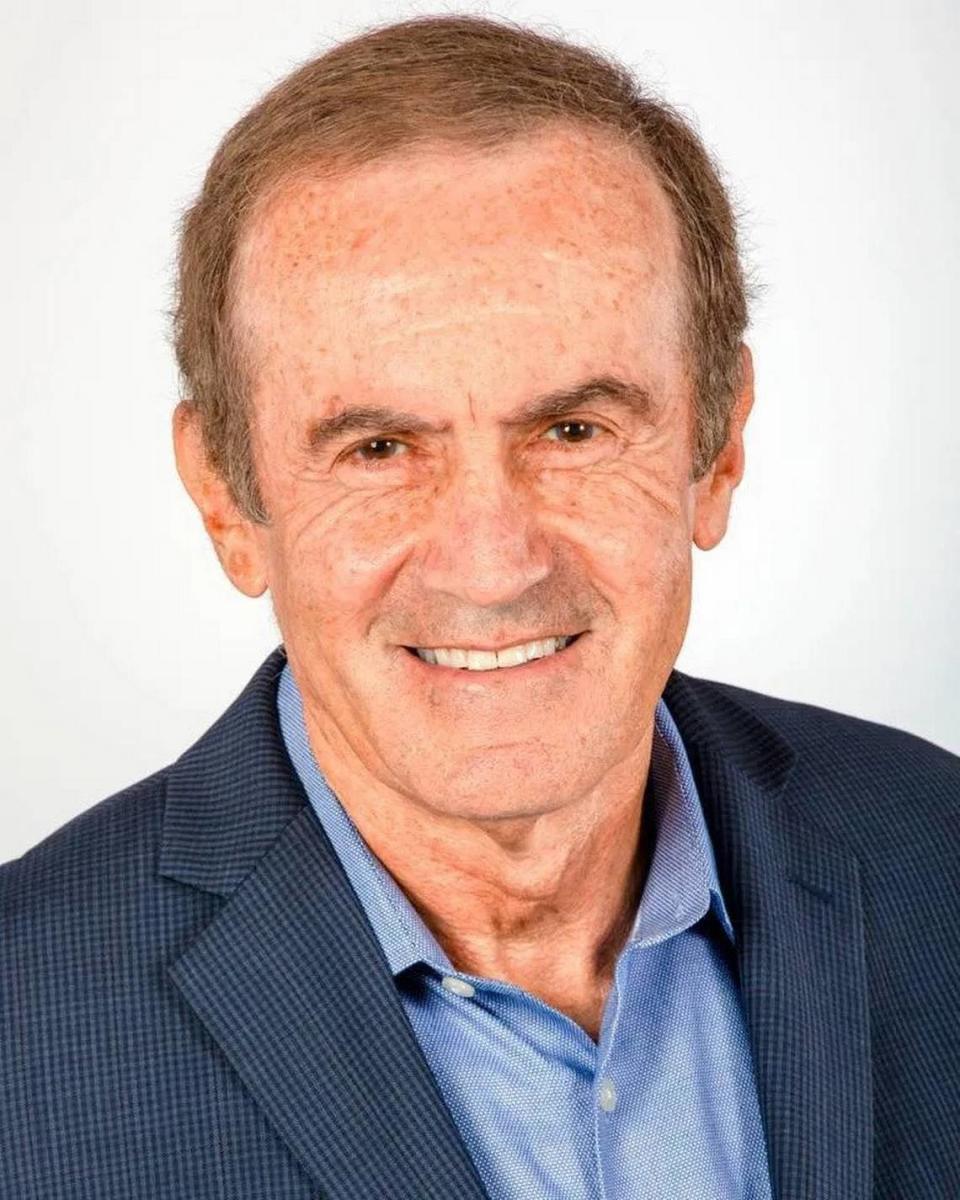Lula, in Brazil, will give Cuba, Venezuela, Nicaragua respite, but not like before | Opinion
- Oops!Something went wrong.Please try again later.
- Oops!Something went wrong.Please try again later.
The Cuban, Venezuelan and Nicaraguan dictatorships celebrated the victory of former president Luiz Inacio Lula da Silva in Brazil’s Oct. 30 elections as a historic win for Latin America’s the left. They have reasons to be happy, but perhaps not as many as they think.
Lula’s victory by an extremely thin margin of 1.9% — the narrowest result in his country’s recent electoral history — was not a reflection of support for Lula’s leftist ideas, but a rejection of President Jair’s Bolsonaro’s confrontational style and far-right political lunacy. More than a Lula victory, it was a Bolsonaro defeat.
Many Brazilians not only were worried about the economy; they also resented Bolsonaro’s handling of the COVID-19 pandemic. Bolsonaro, known by many as “the Trump of the tropics,” consistently minimized the pandemic while Brazil recorded the world’s second-highest COVID death toll after the United States.
Many Brazilians also were prompted by Bolsonaro’s disparaging comments about women and gays, his pro-gun policies and his frequent rants against environmental groups that criticize him for tolerating the deforestation of the Amazon.
Shortly after Lula’s victory on election night, Venezuelan dictator Nicolas Maduro enthusiastically tweeted that, “We celebrate the victory of the Brazilian people.” He added, “¡Congratulations Lula! ¡A big hug!”
Cuba’s de facto ruler Miguel Diaz-Canel posted a picture of him with Lula and semi-retired Cuban dictator Gen. Raul Castro holding hands and wrote, “We hug you, brother President Lula!” Nicaragua’s ruler Daniel Ortega said in a letter to Lula, “With great happiness we celebrate your well-deserved victory.”
Several other leftist leaders noted that all major Latin American countries — Brazil, Mexico, Argentina, Colombia, Chile, Peru, and Venezuela — now will be governed by leftist leaders. Some speculated that this will be the start of a formidable regional leftist bloc.
But the fact is, Lula will take office Jan. 1, 2023, as a much-weaker president than he was when he was in his previous administrations from 2003 to 2010.
He will face a hostile Congress, where Bolsonaro’s rightist Liberal Party and other right-of-center parties will control 53% of the 81-seat Senate. And in the 513-seat lower house of Congress, Bolsonaro’s party will have the largest bloc, with 99 deputies, while Lula’s Workers Party will have only 68 seats.
What’s more, three of Brazil’s biggest states — Sao Paulo, Rio de Janeiro and Minas Gerais — will be run by pro-Bolsonaro governors. As of now, Lula is openly supported by only 10 of the country’s 27 governors.
Just as important, Lula will face a politically evenly split population and inherit a weak economy. In the 2000s, Lula benefited from record high world commodity prices, which allowed him to drastically expand social subsidies and become hugely popular. But those days are long over.
Facing a troubled economy and high crime rates at home, and with the recent precedents of leftist leaders in Chile and Peru, whose popularity plummeted shortly after they took office, Lula will have a hard time rebuilding a powerful leftist regional bloc like the one that existed in the early 2000s.
Granted, Lula will probably be friendlier to Latin America’s leftist dictatorships than Bolsonaro, because he will need to appease his leftist base at home. But his support for Venezuela, Cuba and Nicaragua may be more symbolic than practical.
Anthony Pereira, a Brazil expert who heads Florida International University’s Latin American and Caribbean Center, reminded me that Lula will have fewer economic incentives to befriend Venezuela than he had in his previous terms in office.
“In the 2000s, Brazil had big construction and manufacturing contracts with Venezuela, so it had an economic interest in having a good relationship with (then ruler) Hugo Chavez,” Pereira told me. “That has now disappeared, because the Venezuelan economy has collapsed.”
My bet is that Lula will try to revive the UNASUR regional alliance of left-of-center countries that he launched in 2008, and will try to forge closer ties with India, South Africa and other major Third World countries. But, barring an economic miracle, his foreign policy ambitions will be shattered by the formidable challenges he will face at home.
Don’t miss the “Oppenheimer Presenta” TV show on Sundays at 7 p.m. E.T. on CNN en Español. Twitter: @oppenheimera


